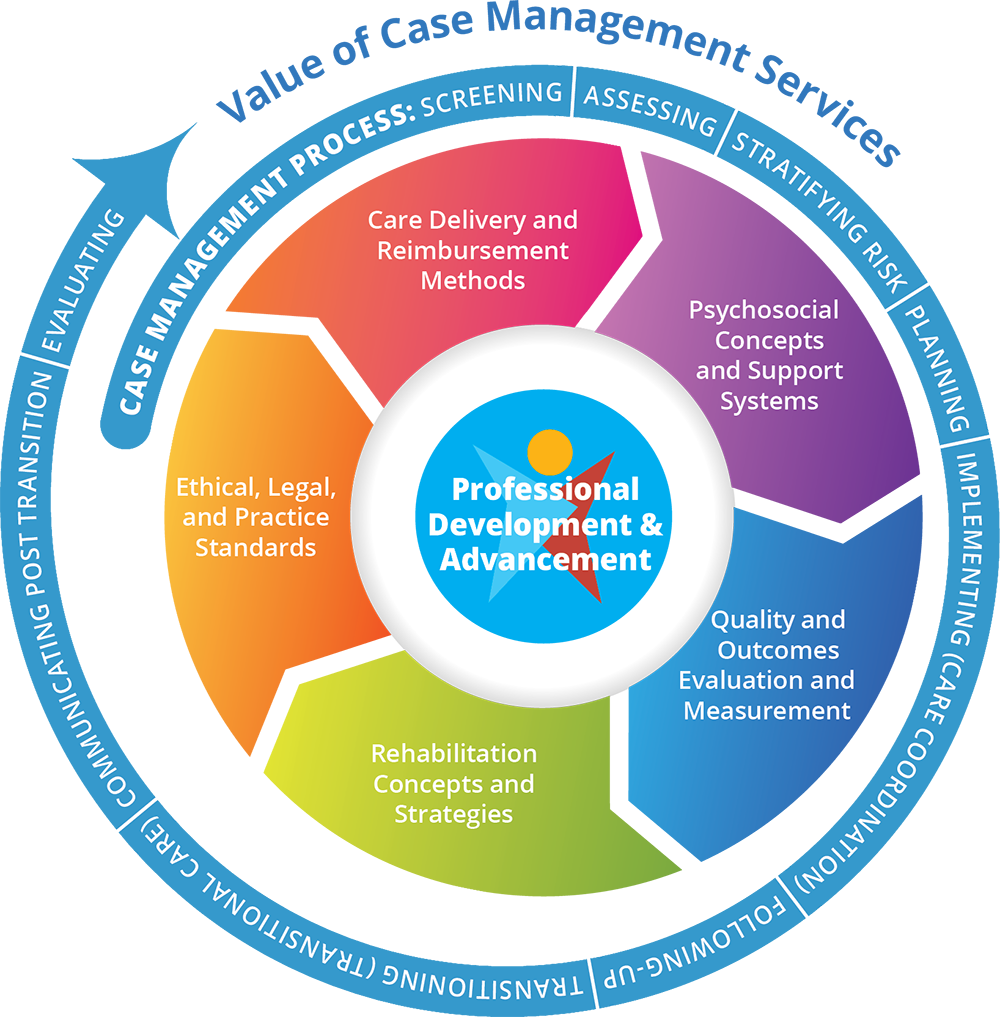Hypoglycemia, or low blood sugar, happens when blood glucose drops below normal levels, usually less than 70 mg/dL.
Hypoglycemia can occur suddenly, but it can be treated by eating or drinking a small amount of glucose-rich food.
If left untreated, hypoglycemia can lead to confusion, clumsiness, or fainting. In its most severe stage, hypoglycemia can lead to seizures, coma, and even death.
Who is at risk for hypoglycemia?
Hypoglycemia may be a side effect of diabetes treatment, including insulin and oral medications that increase insulin production.
It is, therefore, imperative for health care professionals and patients being treated for diabetes to be able to identify and also help manage hypoglycemia.

